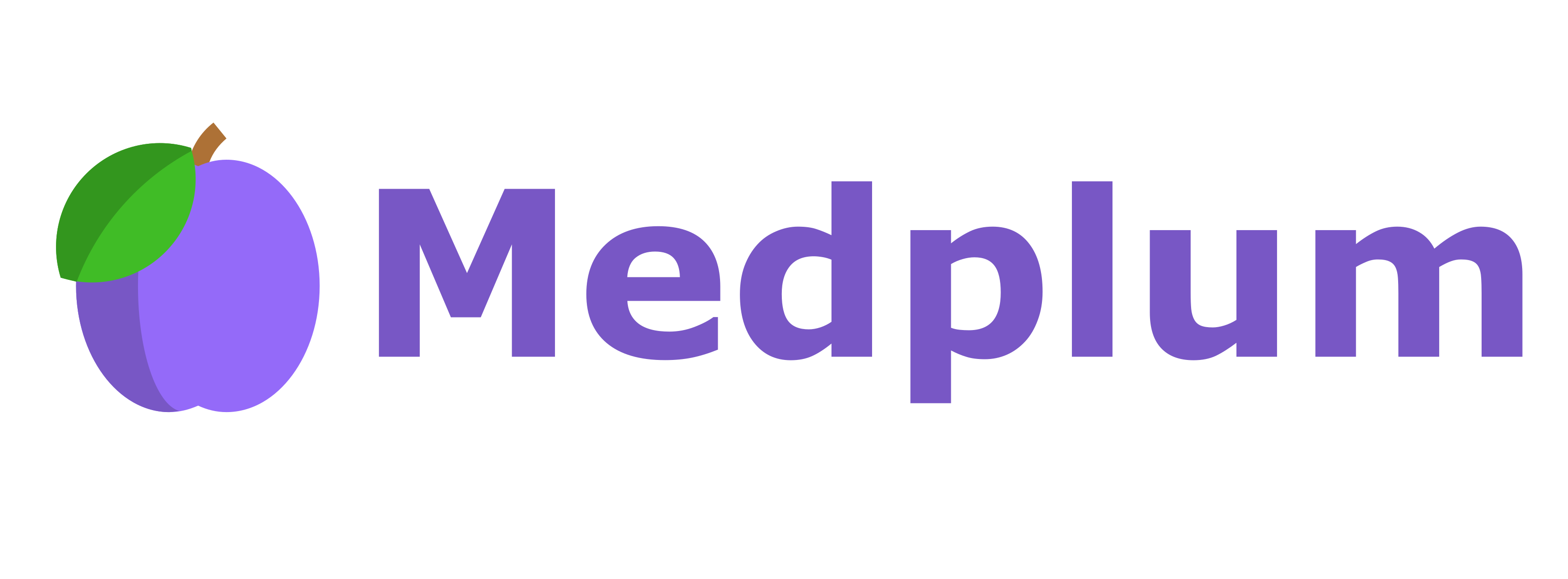Database Compatibility
- pg:
pg is built for PostgreSQL, allowing developers to leverage advanced PostgreSQL features such as JSONB and array types, making it ideal for complex data structures.
- sqlite3:
sqlite3 is optimized for SQLite, a serverless database, making it suitable for applications requiring a lightweight and easy-to-manage database.
- mssql:
mssql is tailored for Microsoft SQL Server, supporting its unique features and optimizations, ensuring seamless integration with SQL Server databases.
- mysql:
mysql is designed for MySQL databases, providing a straightforward interface for executing SQL queries and managing connections efficiently.
- @libsql/client:
@libsql/client is specifically designed for LibSQL, making it compatible with SQLite while adding enhancements for modern applications.
Performance
- pg:
pg provides excellent performance for complex queries and large datasets, thanks to PostgreSQL's advanced query planner and executor, making it suitable for data-intensive applications.
- sqlite3:
sqlite3 is lightweight and fast, ideal for applications that require quick access to data without the need for a full database server.
- mssql:
mssql offers connection pooling and transaction management, enhancing performance for applications that require high concurrency and reliability when interacting with SQL Server.
- mysql:
mysql is known for its speed and efficiency, making it a great choice for applications that require rapid query execution and minimal latency.
- @libsql/client:
@libsql/client is optimized for performance, particularly in serverless environments, allowing for quick data access and manipulation without the overhead of a full database server.
Ease of Use
- pg:
pg offers a rich set of features but requires a bit more familiarity with PostgreSQL's capabilities, making it slightly more complex than some other options, yet still manageable for most developers.
- sqlite3:
sqlite3 is extremely easy to use, with a simple API that allows developers to quickly set up and interact with the database, making it ideal for rapid development.
- mssql:
mssql has a straightforward API that abstracts many complexities of SQL Server, making it easier for developers to perform database operations without deep SQL knowledge.
- mysql:
mysql is designed with simplicity in mind, providing a minimalistic API that allows developers to quickly execute queries and manage connections with ease.
- @libsql/client:
@libsql/client offers a simple API that is easy to learn, making it accessible for developers new to SQL databases, while still providing advanced features for experienced users.
Community and Support
- pg:
pg is well-supported by the PostgreSQL community, which is known for its comprehensive documentation and active forums, making it easy to find help and resources.
- sqlite3:
sqlite3 has a robust community due to SQLite's popularity, offering numerous resources, tutorials, and documentation that help developers troubleshoot and optimize their applications.
- mssql:
mssql benefits from strong community support due to its association with Microsoft SQL Server, which has extensive documentation and resources available for developers.
- mysql:
mysql has a large and active community, providing a wealth of resources, tutorials, and third-party tools that enhance its usability and support.
- @libsql/client:
@libsql/client is part of the emerging LibSQL ecosystem, which is growing in community support as it aims to modernize SQLite for contemporary applications.
Advanced Features
- pg:
pg excels in advanced features such as full-text search, JSONB support, and complex data types, making it ideal for applications that require sophisticated data manipulation and querying capabilities.
- sqlite3:
sqlite3 is focused on simplicity and does not include many advanced features found in larger database systems, making it best for lightweight applications.
- mssql:
mssql supports advanced SQL Server features like stored procedures, triggers, and user-defined functions, making it a powerful choice for enterprise applications that require complex business logic.
- mysql:
mysql includes support for features like stored procedures and triggers, but it is generally simpler than some of the more advanced options available in other databases.
- @libsql/client:
@libsql/client introduces modern features like replication and sharding, which are not typically available in traditional SQLite, making it suitable for scalable applications.



